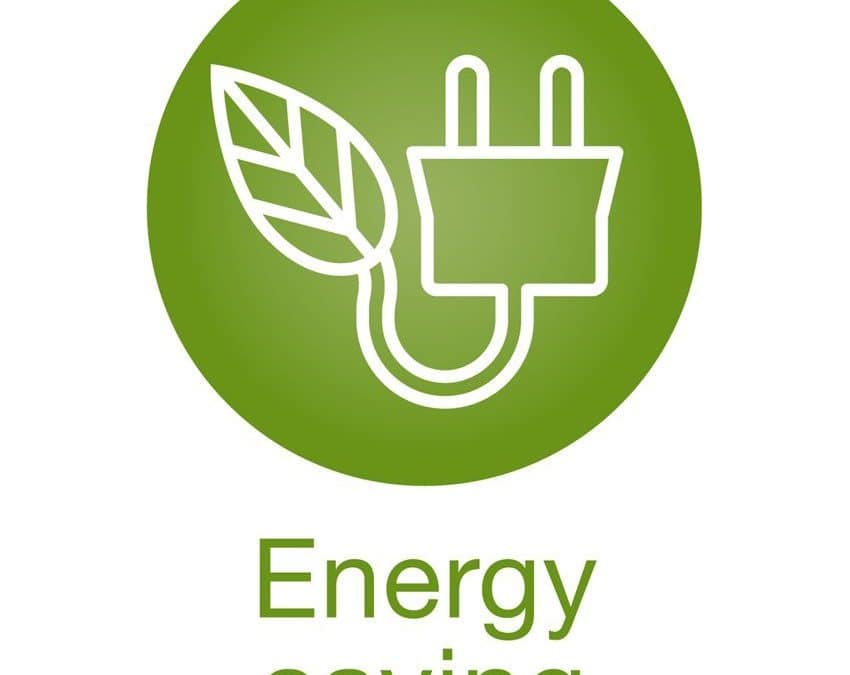Achieving HVAC energy savings is not just about cutting costs; it’s also about maximizing your home’s comfort and efficiency. In this detailed guide, we’ll explore top strategies and tips for saving energy and reducing your monthly utility bills, all while keeping your home comfortably heated or cooled.
Understanding HVAC Energy Savings
Heating, Ventilation, and Air Conditioning (HVAC) systems are essential in maintaining a comfortable home environment. However, they can also be significant energy consumers. By adopting energy-efficient practices, you can significantly reduce energy usage without compromising comfort.
Regular Maintenance is Key to HVAC Energy Savings
One of the simplest yet most effective ways to ensure HVAC energy savings is regular maintenance. Keeping your system well-maintained not only extends its lifespan but also ensures it operates at peak efficiency. Schedule annual check-ups with a certified HVAC technician to keep your system running smoothly.
Upgrade to Energy-Efficient Models – HVAC Energy Savings
If your HVAC system is outdated, consider upgrading to a more energy-efficient model. Newer systems are designed to use less energy while providing the same level of comfort. Look for models with a high Seasonal Energy Efficiency Ratio (SEER) rating for air conditioners and a high Annual Fuel Utilization Efficiency (AFUE) rating for furnaces.
Smart Thermostats: A Game Changer
Installing a smart thermostat can lead to significant HVAC energy savings. Smart thermostats allow you to program temperature settings based on your daily schedule and preferences. They can also learn your habits over time and adjust settings automatically for optimal energy efficiency.
Seal and Insulate Your Home for HVAC Energy Savings
Air leaks and poor insulation can lead to significant energy losses. Inspect your home for any gaps or cracks in doors, windows, and walls, and seal them. Properly insulating your attic, walls, and floors can also prevent heat loss in winter and keep your home cooler in summer.
Use Ceiling Fans to Your Advantage – HVAC Energy Savings
Ceiling fans are not just for summer. Using them correctly can enhance your HVAC system’s efficiency. In the summer, set your ceiling fans to rotate counterclockwise to create a cool breeze. In the winter, switch the direction to clockwise to circulate warm air that rises to the ceiling.
Embrace Natural Ventilation to maximize HVAC Energy Savings
Whenever possible, use natural ventilation to reduce reliance on your HVAC system. On cool nights or mild days, open windows and doors to allow fresh air to circulate through your home, reducing the need for air conditioning.
Optimize Your Ductwork for Max HVAC Energy Savings
Leaky or poorly insulated ductwork can result in significant energy loss. Have your ducts inspected and sealed or insulated as necessary. This ensures that the air from your HVAC system is efficiently distributed throughout your home.
Mind Your Windows
Windows can have a substantial impact on your home’s energy efficiency. During summer, use blinds or curtains to block out hot sunlight. In winter, open them during the day to let in natural warmth and close them at night to retain heat.
Adjust Your Water Heater Temperature
While not directly part of your HVAC system, your water heater can also contribute to your home’s overall energy consumption. Lowering the water heater temperature to around 120 degrees Fahrenheit can reduce energy usage without sacrificing comfort.
Use Exhaust Fans Sparingly
Exhaust fans in your kitchen and bathroom can pull out a significant amount of heated or cooled air from your home. Use them only when necessary, and remember to turn them off once you’re done.
Landscaping for Energy Efficiency
Strategic landscaping can also contribute to HVAC energy savings. Planting trees or shrubs to provide shade can reduce the cooling load on your air conditioner. Similarly, using windbreaks can shield your home from cold winds in the winter.
Educate Your Household
Educating everyone in your household about energy efficiency can make a big difference. Simple practices like turning off lights in unoccupied rooms, keeping doors and windows closed when the HVAC system is running, and using appliances efficiently can add up to significant savings.
Conclusion
HVAC energy savings are achievable with the right practices and a bit of know-how. By maintaining your system, upgrading to energy-efficient models, and adopting energy-saving habits, you can reduce your energy bills while enjoying a comfortable home. Remember, every small step towards energy efficiency not only benefits your wallet but also contributes to a more sustainable future.
